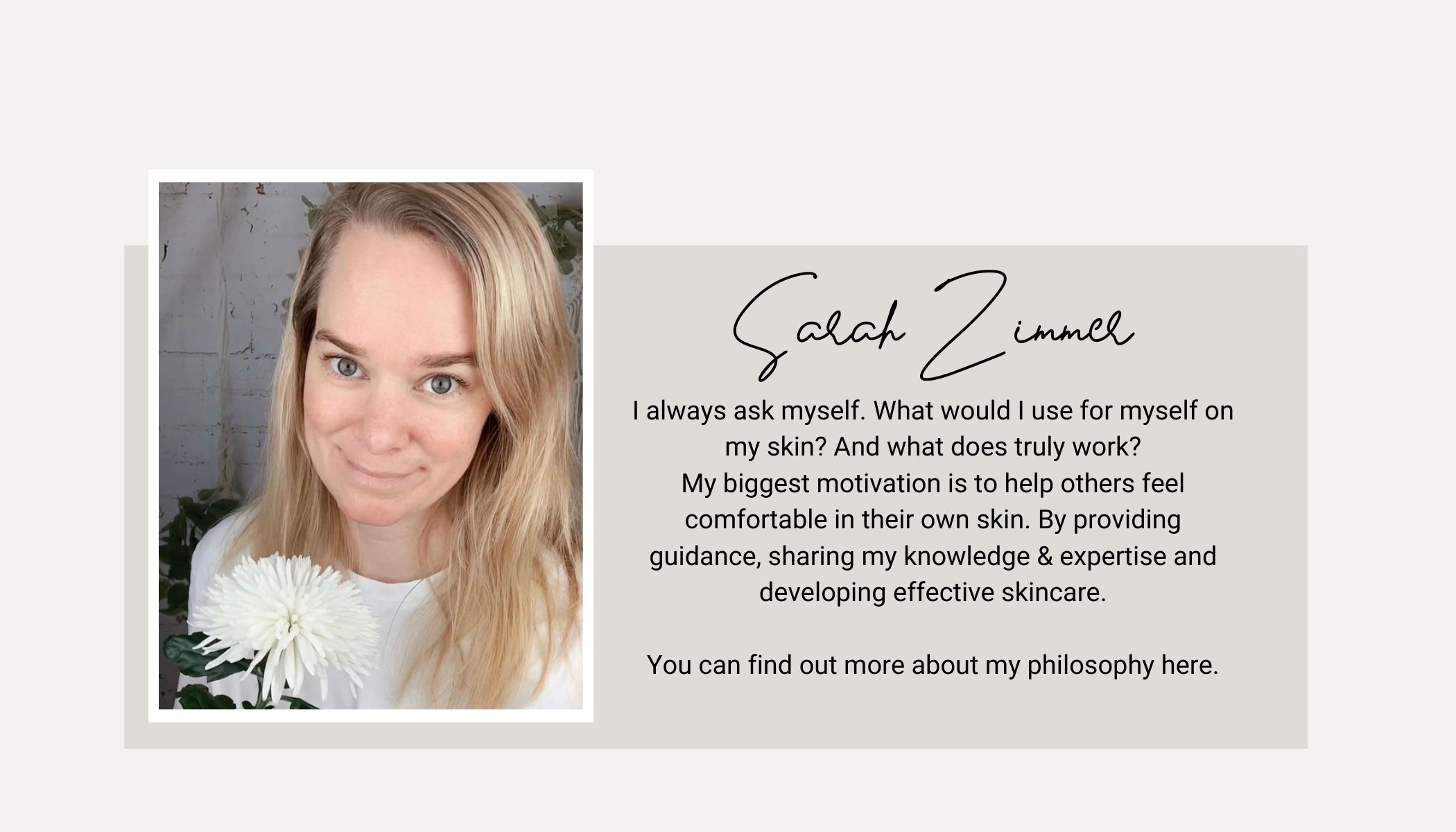Glycation: How It Ages Your Skin & Body—And How to Slow It Down
Understanding Glycation: How It Affects Your Skin and Body
What Is Glycation?
Glycation is a natural process that occurs when excess sugar in the bloodstream binds to proteins or lipids, forming harmful compounds known as advanced glycation end-products (AGEs). This reaction can take place both in the skin and within the body, contributing to aging, inflammation, and various health issues.
While glycation is a normal metabolic process, its accumulation over time can lead to significant damage to tissues, accelerating the aging process and increasing the risk of chronic diseases.
How Glycation Affects the Skin
In the skin, glycation primarily impacts collagen and elastin—two crucial proteins responsible for maintaining skin firmness, elasticity, and a youthful appearance. When these proteins become glycated, they lose their structural integrity, leading to:
-
Loss of elasticity: Skin becomes less firm, resulting in sagging and wrinkles.
-
Dullness and uneven tone: Glycation contributes to oxidative stress, which can lead to a lackluster complexion.
-
Increased sensitivity: Weakened skin structures may make the skin more prone to irritation and inflammation.
-
Reduced ability to repair and regenerate: The skin’s healing capacity diminishes, making it harder to recover from damage.
Glycation in the Body
Beyond skin concerns, glycation plays a significant role in overall health. Excessive AGEs in the body are linked to:
-
Cardiovascular diseases: AGEs contribute to arterial stiffness, increasing the risk of high blood pressure and heart disease.
-
Diabetes complications: Glycation is particularly problematic for people with diabetes, as high blood sugar levels accelerate AGE formation, leading to nerve damage, kidney issues, and eye problems.
-
Neurodegenerative diseases: Research suggests AGEs may contribute to cognitive decline and conditions like Alzheimer’s.
-
Inflammation and oxidative stress: AGEs increase free radical production, exacerbating chronic inflammation and tissue damage.
Can Glycation Be Accelerated?
Yes, glycation can be accelerated by several lifestyle and dietary factors, including:
-
High sugar intake: Diets rich in refined sugars and processed foods increase glycation rates.
-
Fried and processed foods: Cooking methods like grilling, frying, and roasting at high temperatures can introduce AGEs directly into the body.
-
Smoking and excessive alcohol consumption: Both contribute to oxidative stress and the formation of AGEs.
-
Chronic stress: Elevated cortisol levels can exacerbate glycation and accelerate aging.
-
Lack of sleep: Poor sleep quality impairs the body's ability to repair and detoxify AGEs.
-
Exposure to UV radiation and pollution: Environmental aggressors accelerate skin glycation and oxidative stress.
Can You Slow Down Glycation?
While glycation is a natural process, its effects can be mitigated through lifestyle adjustments, skincare, and targeted nutrition.
Tips to Slow Down Glycation
-
Limit Sugar Intake: Reduce consumption of refined sugars, processed foods, and high-glycemic carbohydrates to lower AGE formation.
-
Choose Low-AGE Cooking Methods: Opt for steaming, boiling, and slow-cooking instead of frying and grilling.
-
Increase Antioxidant Intake: Foods rich in antioxidants, such as berries, green tea, and dark leafy greens, help combat oxidative stress caused by glycation.
-
Manage Stress Levels: Practices like meditation, breathwork, and mindfulness can lower cortisol, reducing glycation acceleration.
-
Protect Your Skin from UV Damage: Use broad-spectrum sunscreen daily to prevent glycation induced by sun exposure.
-
Prioritize Sleep and Recovery: Quality sleep allows your body to repair and detoxify, reducing AGE accumulation.
Skincare Ingredients to Combat Glycation
Certain skincare ingredients can help prevent and reverse glycation-related damage:
-
Niacinamide: Boosts skin barrier function and reduces oxidative stress.
-
Vitamin C: A powerful antioxidant that fights glycation and brightens the skin.
-
Retinoids: Promote collagen production and repair damaged skin structures.
-
Peptides: Help support collagen integrity and skin resilience.
-
Ectoin: Known for its protective effects against environmental stressors and glycation.
-
Exosomes: Emerging as a regenerative skincare ingredient, exosomes support cellular repair and rejuvenation.
Supplements to Reduce Glycation
Incorporating the right supplements into your routine can further protect against glycation:
-
Alpha-lipoic acid (ALA): A potent antioxidant that helps neutralize AGEs.
-
Carnosine: An amino acid that directly inhibits glycation.
-
Resveratrol: Found in red grapes and berries, this antioxidant fights oxidative stress and inflammation.
-
Curcumin: The active compound in turmeric, known for its anti-inflammatory and glycation-reducing properties.
-
Collagen peptides: Support skin structure and counteract the breakdown caused by glycation.
-
Magnesium: Helps regulate blood sugar levels, reducing the risk of accelerated glycation.
Foods That Help Prevent Glycation
A balanced diet can significantly reduce AGE formation. Consider incorporating:
-
Leafy greens: Rich in antioxidants and fiber, which help regulate blood sugar.
-
Fatty fish: Omega-3 fatty acids in salmon, mackerel, and sardines combat inflammation.
-
Nuts and seeds: Provide essential fatty acids and help stabilize blood sugar.
-
Fermented foods: Such as kimchi, kefir, and sauerkraut, which support gut health and reduce systemic inflammation.
-
Turmeric and ginger: Potent anti-inflammatory spices that help mitigate glycation.
Final Thoughts
Glycation is an inevitable process, but its negative effects on the skin and body can be managed through mindful lifestyle choices. By adopting a low-sugar diet, prioritizing antioxidant-rich foods, using the right skincare ingredients, and protecting against environmental stressors, you can significantly slow down glycation and maintain healthier, more youthful skin over time.
Rather than chasing fleeting beauty trends, focus on nurturing your skin and body with long-term habits that promote overall well-being. Your skin’s health is an investment—one that pays off when you commit to conscious care and mindful living.









Leave a comment